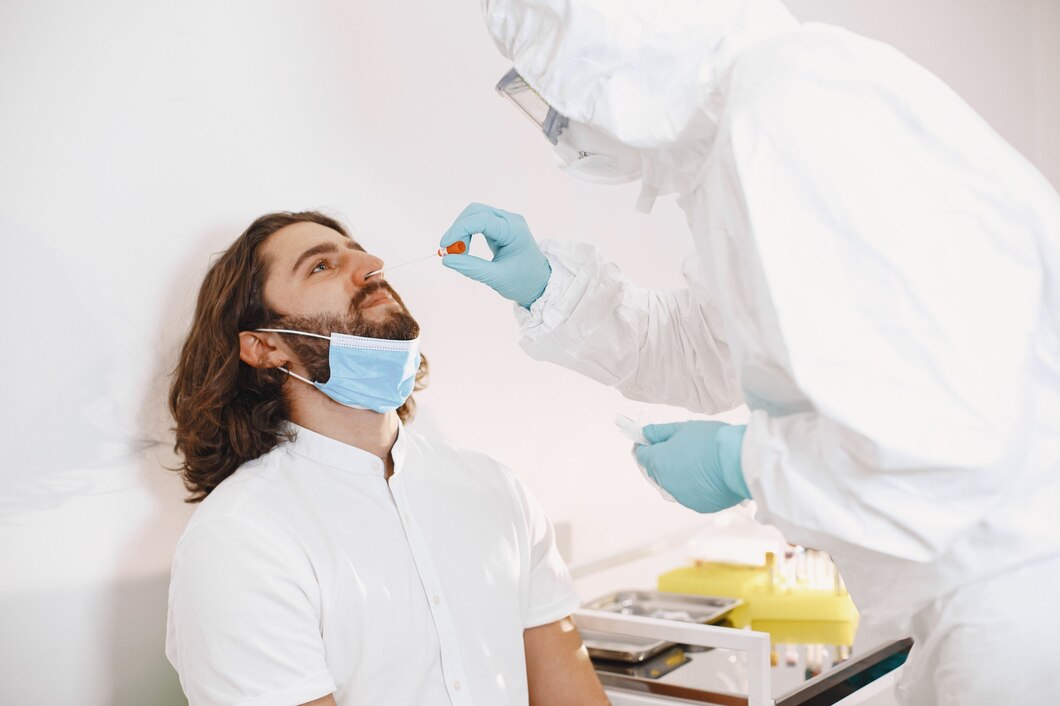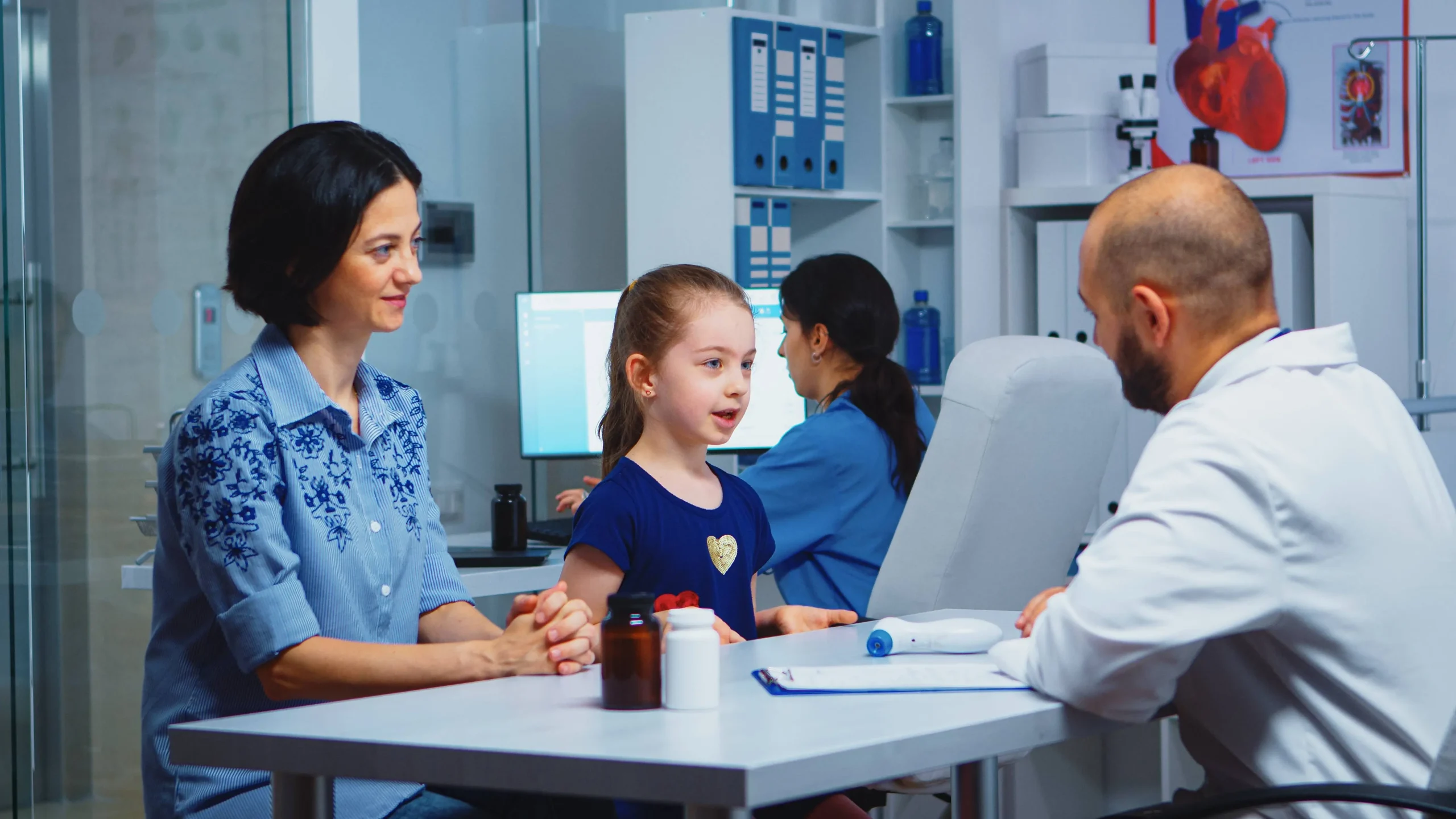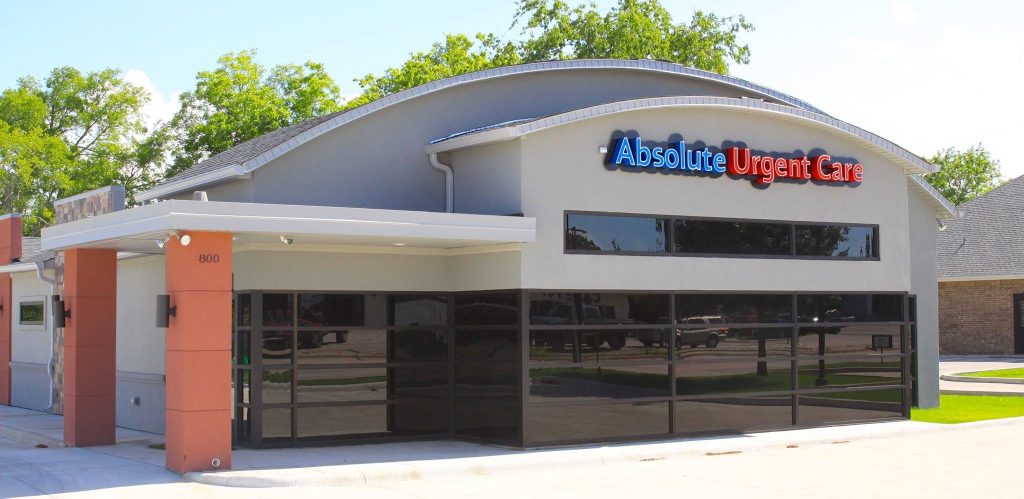Celiac disease
Celiac disease is an autoimmune disorder that stems from the ingestion of gluten containing foods (like wheat, barley and rye), since it causes harm to the individual’s small intestine. It can lead to malabsorption and has both gastrointestinal and extraintestinal manifestations.
Treatment for Celiac Disease:
– Gluten-Free Diet: This is eliminating gluten completely; this is the only way to control the clinical manifestations and also to repair the intestine
– Supplements: In some instances, the patient may need vitamin and mineral supplements to correct malabsorption related deficiencies. Celiac Disease is frequently undiagnosed because it has symptoms similar to many other diseases e.g. fatigue, osteopenia, migraines etc.
Crohn’s Disease and Ulcerative Colitis
Crohn’s disease and ulcerative colitis are two distinct sparing forms of inflammatory bowel diseases (IBD). They lead to inflammation of the bowel, and these disorders can result in severe diarrhoea, tiredness, weight loss, and malnutrition.
Treatment for IBD:
– Anti-inflammatory Medications: Corticosteroids and medications that suppress the immune system can also be effective against inflammation.
– Dietary Adjustments: Low-residue diets are useful in preventing bowel irritation.
– Surgery: Sometimes, the diseased part of the digestive system should be resected.
At Absolute Urgent Care, our primary approach is to formulate treatment plans suitable for all which will take into consideration the management of conditions such as IBS, GERD, and more with an emphasis on health promotion.
4. Effects of Gastrointestinal Disorders on Health
Gastrointestinal disorders have more implications than merely problems with their respective functions, and if not treated appropriately, they can lead to serious diseases. Since GI conditions can go untreated, malnutrition, dehydration, or even chronic pain may be associated with the left out GI conditions. Some diseases, such as that of GERD, can also put a person at high risk of acquiring esophagus cancer.
GI disorders don’t only affect patients physically. They can also affect the mind. Such illnesses as IBS are typically provoked by stress or anxiety, thus becoming a double-headed weapon where two categories of health deteriorate catheterism. Here at Absolute Urgent Care, we have integrated both perspectives into practice because we understand that while GI disorders originate physically, they also have an emotional component that cannot be ignored.
5. Strategies for Stomach Disorders Prevention and Management
Some GI disorders are sometimes due to genetic predisposition or autoimmune diseases, while the majority can be avoided entirely or controlled with choices made in a person’s lifestyle. Here are some strategies one can employ to keep their digestive system functioning normally:
1. Increase your fruit and vegetable intake
Fiber, wholesome foods, fruits, and vegetables enhance digestion and are also the components of a balanced diet. The amount of processed food, sugar, and fats can also be limited to help avert GI problems.
2. Drink Enough Water
In addition to preventing constipation, drinking enough water also helps with the processes of digestion and elimination. Adequate fluid intake is important especially when one suffers from GI disorders that are associated with loss of body fluids from diarrheas and vomiting.
3. Maintain an Active Lifestyle
It relaxes the digestive system thus making it less susceptible to constipation and its manifestations such as bloatedness. It’s also helpful in relieving tension, which is a common underlying factor for a lot of gastroenterological disorders.
4. Take Control of Emotions
It is understood that stress is a reason for the appearance of such GI issues as IBS. Stress can be prevented from spilling over to the stomach by practising mindfulness, regular exercise, and other relaxation techniques.
5. Stop Smoking and Minimise Alcohol Consumption
The GI tract is easily aggravated by smoking or too much alcohol thus increasing the risk of developing such problems as GERD or stomach ulcers. Eradicating smoking and moderating alcohol consumption are very important when trying to improve a person’s GI health.
Often Seen Gastrointestinal Disorders
– Irritable Bowel Syndrome
– Gastroesophageal Reflux Disease
– Crohn’s Disease
– Ulcerative Colitis
– Celiac Disease
– Diverticulitis
– Lactose Deficiency
Among such disorders, one or two conditions might pose unique challenges; however, leaving such disorders unchecked causes them to have adverse effects on the patients’ health. Here at Absolute Urgent Care, we put high regard on the control of the disease at its initial stages
2. Symptoms of Gastrointestinal Disorders
Normally the symptoms of GI diseases may differ from composite to composite, but they always pertain to the stomach. Some symptoms include:
– Abdominal Pain: Pains either at the back or the stomach lost in discomfort.
– Bloating and Gas: Too much gas and feeling stuffed.
– Diarrhea or Constipation: Un comfortable stool and loss of frequency like a loose belly stool.
– Nausea and Vomiting: Feeling sick and being sick at times.
– Heartburn and Acid Reflux: A burning feeling in the middle of the chest which in most instances results from acid moving back to the throat.
– Weight Loss or Gain: More than 5% weight either way, helps in assessing a GI disorder.
It is advisable to consult your physician if you are familiar with such symptoms on a regular basis. At Absolute Urgent Care, we will not only relieve you of your pain but also find and treat the reasons for it.
3. Epidemiology of Some Gastrointestinal Disorders and Their Statistics:
Irritable Bowel Syndrome (IBS)
IBS is probably the most common GI complaint in the population and extends its roots to the large bowel. persons typically had abdominal pain, painful cramping, bloating, gas and changes in bowel habits … Gastroenteritis got cuties due to IBS, the pathogenesis is not a peculiar ileocolitis but a dysfunctional disorder of the interaction between the intestines and CNS as well as stress factors and diet.
Treatment for IBS:
– Dietary Changes: Implementing a low FODMAP diet, which avoids some hard to digest carbohydrates may prove to be effective.
– Stress Management: Techniques like yoga or bringing down high emotional stress levels have reduced the incidences of portraying IBS symptoms.
– Medications: If severe, then antispasmodic or laxative medication options are suggested.
Gastroesophageal Reflux Disease (GERD)
The term Gastroesophageal Reflux Disease suggests a condition in which the stomach contents including acid are regurgitated to the esophagus thereby beer and acid reflux have taken place. Some of the common precipitating factors include certain types of food, smoking, obesity and even pregnancy.
Treatment for GERD:
– Lifestyle Changes: Spicy food, caffeine and excessive use of alcohol should be avoided as such helps to prevent reflux episodes.
– Medications: You might need either over-the-counter antacids or other prescription medications to manage excess acid production.
– Surgery: Surgery such as fundoplication is sometimes necessary where other treatments have failed.
If you suffer from any of the following conditions, it is advisable to get help:
– Any long-term pain or aches in the upper belly area
– Loss of weight for no apparent reason
– Passing of stool with blood in it
– Diarrhea for long periods or even constipation
– Intense pain in the chest due to heartburn or reflux of stomach contents
Here at Absolute Urgent Care, we have doctors who specialize in the treatment of numerous gastrointestinal illnesses. We make sure to listen to your complaints and develop an appropriate management strategy.
It is important to take control of gi disorders as their knowledge affects health. Every condition has its specific range of treatment options as well as management which is not as easy as it appears to include for instance use of medications and other remedies for eastern medicines. Every disease such as diarrhea to gastroesophageal reflux disorder has its own headache but when together with correct medication and adjustment of lifestyle and diet, these ailments can be properly handled. That’s why at Absolute Urgent Care, we bring confidence to our clients that all will be well since we prevent digestive disorders by providing relief to these illnesses. If you are having gi symptoms, you do not have to battle them yourself. Contact our doctors for help.




















